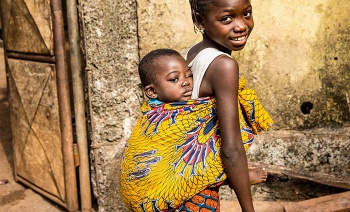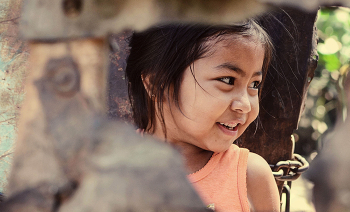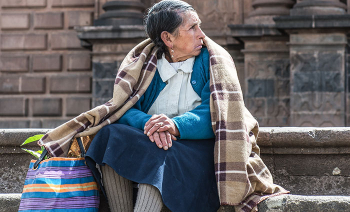In Nigeria, addressing the question of gender equality and gender issues requires long-term structured engagement. A sense of ownership of the process to implementers and beneficiaries can help drive this process and create a sustainable culture shift.
Women in Nigeria face difficulties of economic empowerment, participation, and gender-based violence. Harmful traditional practices like female genital mutilation persist, while domestic violence remains tied to social norms and is rarely prosecuted.
Marginalisation and varying degrees of discrimination across the country mean that including gender equality in the EU Delegation’s cooperation priorities has become a necessity.
“The Gender Action Plan has helped us to better mainstream gender and place the gender equality agenda at the very heart of our cooperation,” said Laolu Olawumi, referring to the EU Gender Action Plan (GAP II) 2016-2020, the EU’s framework for promoting gender equality in external cooperation.
Olawumi is programme manager in the democracy, governance and migration section at the EU Delegation, but also its Gender Focal Point.
Over the last year, she has helped organise informational sessions for the Delegation – for both development and EEAS staff – to make projects more responsive to the gender needs of the country.
“Including more GAP II specific indicators in our projects is something that we need to be doing more, as well as ensuring that we have a good gender marker , because there will still be people who don’t feel that this is necessary,” she said.
Bringing EU Member States and EU Delegations around the table and focusing on the collective value of working together is something else Olawumi sees as a must.
Creating a sense of ownership
“The GAP II is a technical framework, so there is a risk is that it could be boiled down to just ticking boxes” Olawumi said. “I feel the answer to that is to take the framework that you’ve been given and make it your own. Drive a sense of ownership – say that this is the new normal – so that even if the GAP II ceases to exist, it will remain part of our institutional culture.”
“I often get asked the question, ‘So, what if I don’t work in development cooperation? What if I’m working in admin or HR? How does this affect me,” Olawumi added. “I think that this speaks to the institutional culture shift – to see how you can ensure gender is being addressed in your daily interactions with people.”
Laolu Olawumi on how the GAP II can help drive an institutional culture shift:
“One of the things the Delegation has done is to try to ensure that a gender champion is identified in each of its sections to help advance the agenda. From policy dialogue to the EU Ambassador’s engagements, mentioning gender – regardless of the thematic area – has been a way to stress its importance” Olawumi said.
Ensuring that stakeholders and the final beneficiaries are engaged on the issues is another key to success.
“Nigeria has an extremely vibrant civil society landscape, particularly of people working on women’s rights,” Olawumi explained. The long-term sustainability of the approach, she added, can be strengthened through partnerships with those active and vocal women’s groups.
This article was written by Craig Hill, journalist at Capacity4dev.







Log in with your EU Login account to post or comment on the platform.